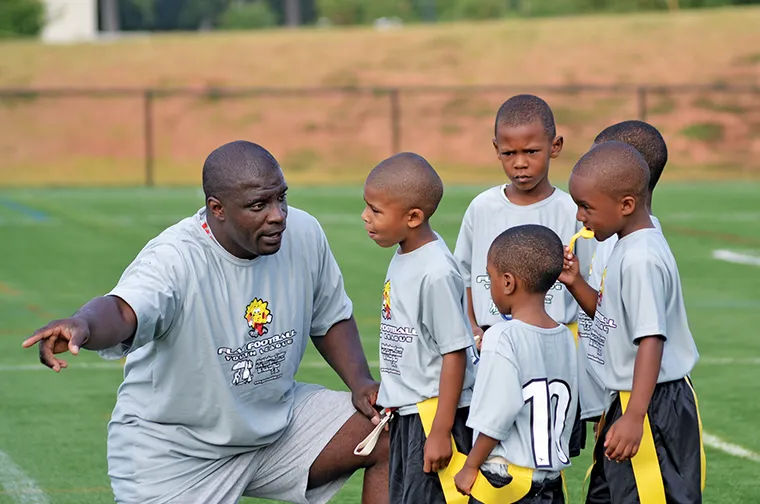Clearly defined expectations can help recruit more youth coaches and staff
Volunteer recruitment and retention have always been two of the most challenging responsibilities for youth sports administrators. They’re among the most important, too. As a matter of fact, each year, we send out inquiries to our Certified Youth Sports Administrators (CYSA) around the world seeking suggestions on hot topics for our annual Youth Sports Congress’ educational sessions. And, without fail, the topics of recruiting and retaining quality volunteers are almost always near the top of the list—right behind dealing with parents.
Identifying The Challenges
What makes recruiting and retaining volunteers so difficult? First, all volunteer roles in a program need to be clearly defined and easy to explain. So many times, however, youth sports administrators assume too much. “They signed up to coach soccer, so they must be confident in what they are doing” is a widely held belief that can really get leaders into trouble in the long run.
I recently served on a panel for the webinar, “Beyond The Game: Unleashing Growth In Youth Sports,” and part of the conversation centered on the importance of having clearly defined roles for volunteers. Instead of, “We are looking for coaches—please sign up,” how about creating more targeted messages such as, “We need head coaches with some experience” or “We need assistant coaches looking to learn coaching skills, and sideline (or bench) managers who can help us manage our teams.”
Then take it a step further and really define the roles so volunteers are clear about the expectations of the position. For head coaches especially, list the responsibilities and let them know they will have help. During the panel, we talked about one league that was dialed in with its messaging. Its recruitment campaign stated that the league’s head coaches would be responsible for game-day and practice planning. Assistant coaches would focus on skill development at practices. And for bench coaches or sideline managers (think team moms and dads), they would be assigned specific duties, including organizing team activities, sending communication, and being knowledgeable about emergency action plans and safety guidelines.

